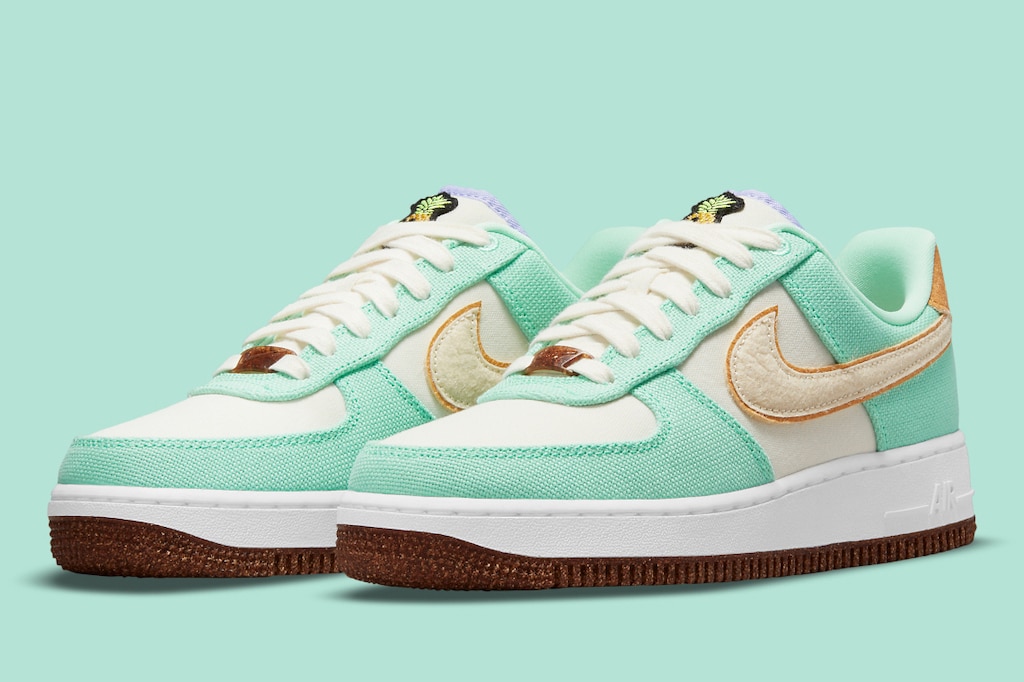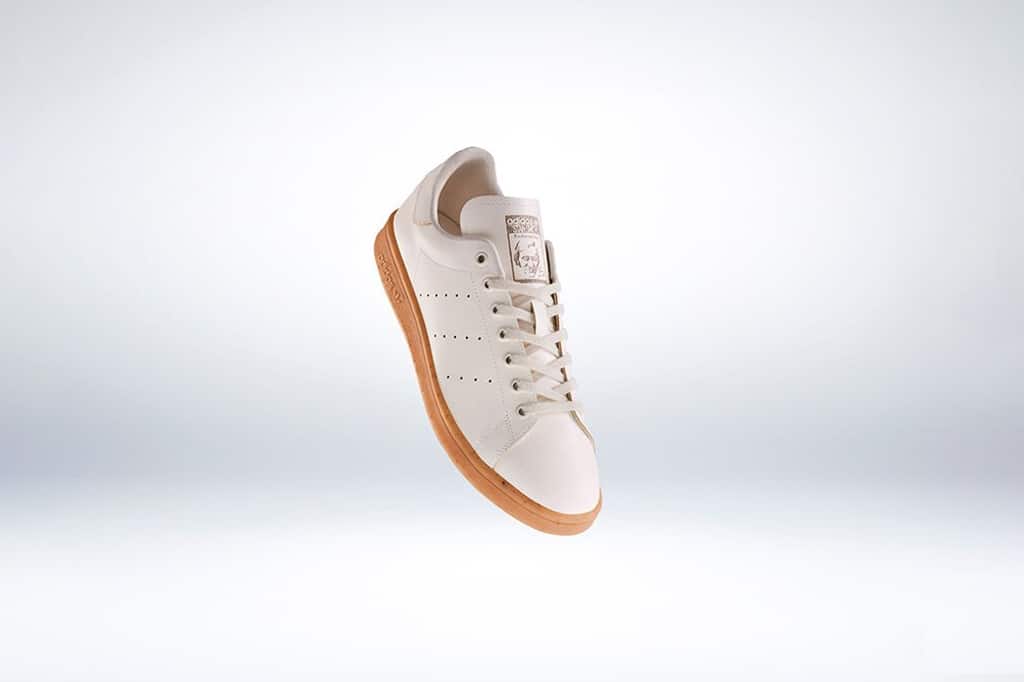Shoe brand Crocs, Inc. is completely going vegan by the end of 2021. The brand has committed to no longer including any animal products in its collections as part of a new policy of sustainability initiative to become a net-zero company by the year 2030. Though many of Croc’s styles are already vegan and made from a special and patented synthetic lite material, the brand has used leather in many different occasions and designs. According to the brand, the carbon footprint of each pair of Classic Clogs is really low at 3.94 kg of CO2e but Crocs aims to reduce even further that number by developing a more eco-friendly version of its vegan lite material, which 45 % of it is currently being recycled.
“Taking action to reduce our environmental footprint by implementing more sustainable practices across our entire business is the right thing to do for Crocs, As a company, we are deeply committed to accountability and we’re confident that we have the right team, the right innovations and the right partners to help us achieve our net zero ambitions by 2030.”
Andrew Rees, Crocs CEO
In addition to going vegan, Crocs is taking other steps to meet its initiative to comply with its 2030 net-zero target. In 2020, 85 percent of Crocs were sold without the traditional carton boxes while the company is still exploring other ways to reduce packaging. The brand has been working to keep its shoes out of landfills through charity donations, and repurposing used products in different recycling programs, and is transitioning to more renewably sourced energy in its offices and distribution centers.
Crocs are not the only Shoe brand to go vegan to fight the climate crisis
While polyurethane-based vegan leathers are friendlier to animals than real leather, plastic materials are still extremely harmful to the environment. In the last couple of years, we have had many innovators creating vegan leather options from plant-based materials, including pineapple leaves, apple skins, mushroom root systems, and cactus leaves. In addition to Crocs, several popular shoe brands began to explore and produce new collections with more eco-friendly alternatives to both leather and plastic-based vegan leather and less contaminating synthetic materials.
Reebok is one of the brands that from 2017 has been exploring plant-based materials, the brand released a shoe made with a cotton upper and a corn-base sole.

Nike is also experimenting with plant-based leathers in a big way. Last June, Nike gave its iconic Air Force 1 shoe style a vegan leather makeover with “Piñatex”, a leather-based alternative made from recycled pineapple leaves. For the new Air Force 1, Nike substituted its leather uppers in favor of canvas and used Piñatex to craft the iconic Nike swoosh logo. The new style is part of Nike’s Happy Pineapple summer collection which also features reimagined versions of Air Max 90, Air Max 95, and Air Zoom Typestyles, all available in pastel colorways.
In 2020, biotechnology startup Bolt Threads announced a partnership with fashion industry giants Adidas, Stella McCartney, Lululemon, and Kering the luxury fashion group managing brands such as Gucci, Saint Laurent, Bottega Veneta, Balenciaga, Alexander McQueen, and many more.

In April, Adidas showed off the possibilities of Mylo by releasing the legendary Stan Smith sneakers with outer upper, perforated stripes, heel tab overlay, and premium branding all made with Mylo, the midsole of the shoe is made with natural rubber. Previously, the brand worked with designer Stella McCartney to create vegan leather versions of its Stan Smiths—which quickly became a favorite of royalty such as Meghan Markle and Madonna.








